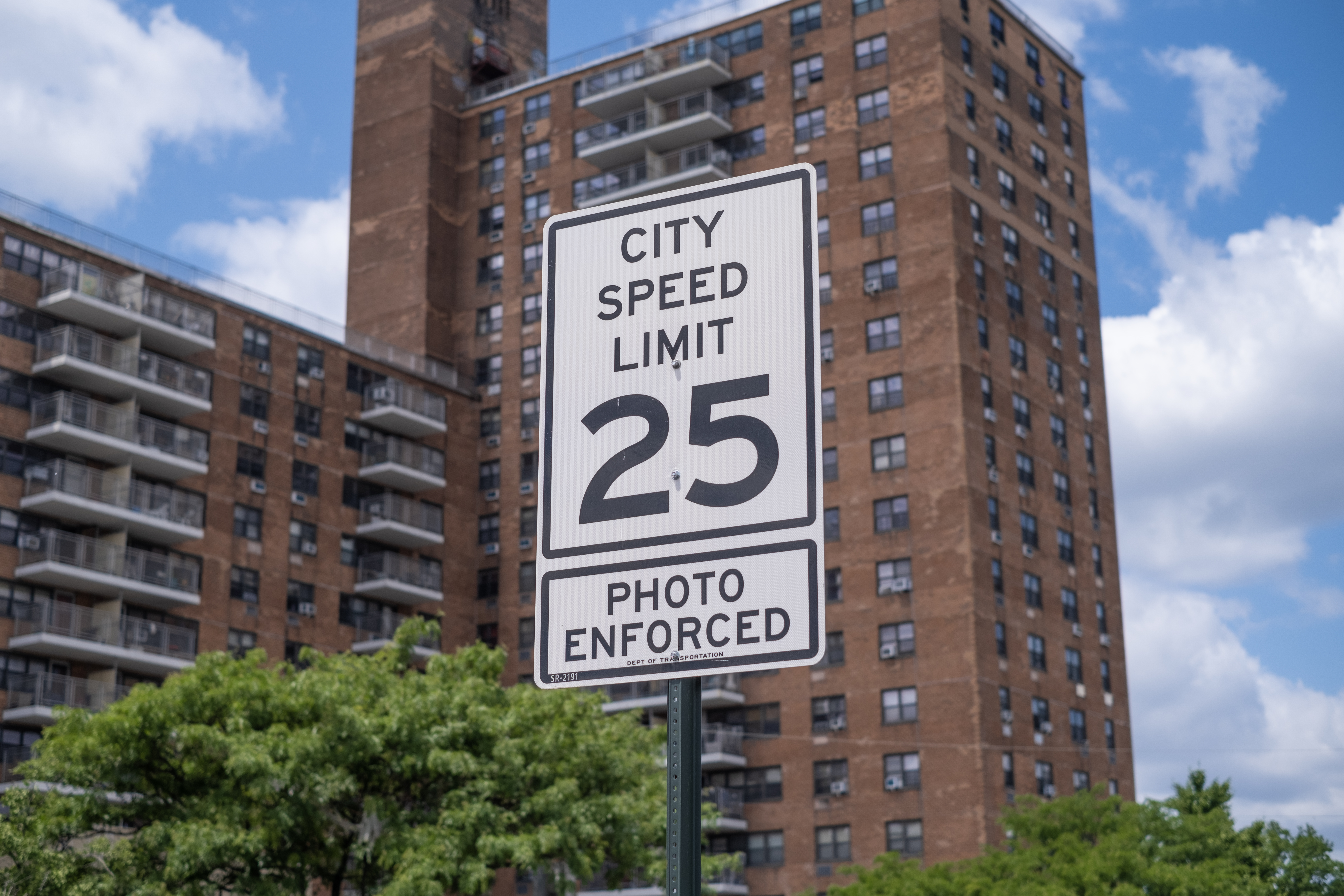Three teenagers and three adults were taken to a hospital after a carbon monoxide leak was discovered in a Long Island home Tuesday, authorities said.
The Garden City homeowner, Martin Arellano, told NBC 4 New York he had just turned on his heat for the first time this winter and there was apparently some kind of leak.
He had family visiting from South Carolina -- two teenagers and two adults -- and the teenagers, who had been sleeping in the basement, fainted from apparent exposure to carbon monoxide, he said.
"They came upstairs, were dizzy and both fainted," said Arellano.
The other people in the home realized something was wrong and called 911.
The two teenagers who had been in the basement, 15-year-old and 17-year-old girls, along with another 17-year-old, a 19-year-old and two other adults, were all taken to the hospital with symptoms related to carbon monoxide exposure. Hospital officials said the four youngest all females, were admitted.
The two teens were being held overnight at the hospital but everyone else has returned to the home and was doing well, Arellano said.
Local
"Everybody's OK and that's what matters," said Arellano.
National Grid, which responded to the home, said Arellano had a water heater installed over the summer and the utility believes improper installation may have contributed to the carbon monoxide leak.
"This is the first time we fired up the furnace," said Arellano. "We have a gas burner and I guess a slow CO leak built up."
John Murray, a safety instructor at Nassau Firefighters Museum, said when new hot water heaters are installed, "most of the time it's not properly vented and that's when the occurrence comes."
He said homeowners must get their heating systems checked and cleaned before starting them up in the winter, and make sure there's a carbon monoxide detector on every level of their homes.
Arellano said he has a plug-in carbon monoxide detector in the basement, but it was covered with boxes and papers so may not have registered the gas. Murray urges homeowners to check the detectors monthly to make sure they're functioning.



